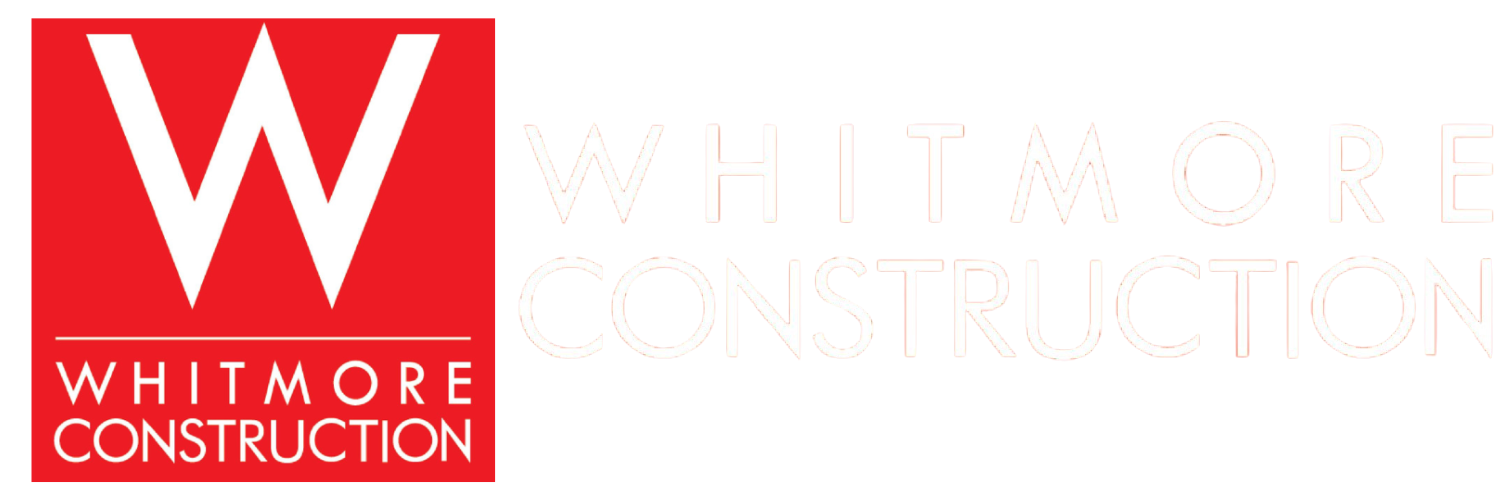 Understanding Invoice Factoring in Construction Industry
Understanding Invoice Factoring in Construction Industry
Invoice factoring is a financial transaction that enables businesses to obtain immediate cash by selling their accounts receivable at a discount. This practice is particularly notable in the construction industry, where cash flow can be erratic due to lengthy payment cycles. Construction companies often wait weeks or even months to receive payments for completed projects, making factoring an attractive solution to maintain operations and fund new projects.
The Basics of Invoice Factoring
At its core, invoice factoring involves three parties: the construction company, the factor (usually a financial institution or a specialized firm), and the client who owes money. The construction company sells its unpaid invoices to the factor, which then advances a significant percentage of the invoice total. Once the client pays the invoice, the factor releases the remaining amount, minus a fee.
This straightforward process helps construction businesses avoid the pitfalls of delayed payments and helps ensure liquidity. By leveraging factors, they can access funds immediately, facilitating equipment purchases, payroll processing, and other operational costs.
Why Invoice Factoring is Important for Construction Business
Invoice factoring is critical for construction businesses because it addresses the cash flow issues unique to the industry. Delayed payments from clients or governmental contracts can freeze projects and lead to financial strain. By using invoice factoring, companies can ensure they have the necessary cash flow to keep operations running smoothly.
Additionally, it allows construction firms to take on more projects and grow their portfolios without worrying about how to fund initial labor and material costs. The ability to secure immediate funds through factoring can be the determining factor in winning bids for new contracts, making it not just a financial tool but a competitive advantage as well.
The Role of Cash Advance in Construction
Cash advances in the construction sector work hand in hand with invoice factoring. Such advances provide quick access to funds to cover unexpected expenses and project costs during a project’s lifecycle. Given that construction often involves unforeseen costs, having a cash advance readily available can be vital.
The Concept of Cash Advance
A cash advance generally refers to a short-term loan or an advance on anticipated revenue. In the realm of construction, it enables contractors to get upfront capital based on future receivables, ensuring they can maintain operations while waiting for clients to fulfill their payment obligations. This concept is instrumental in managing day-to-day expenses as well as larger project-related costs.
This mechanism can be especially beneficial during the slow seasons or when projects experience delays due to weather or other external factors. Cash advances help ensure that projects do not come to a halt, thereby preserving relationships with subcontractors and vendors.
Benefits of Cash Advance for Construction Projects
One of the main benefits of cash advances is the quick influx of cash, which can be used to pay for materials, labor, and other necessary expenses without delay. Additionally, it mitigates the financial burden of waiting to get paid by clients, enabling smoother project management.
Moreover, cash advances provide a level of financial stability that encourages growth. Construction firms can confidently bid on new projects knowing they have the capital to support their operations. This financial agility can result in more awarded contracts and ultimately, increased revenue.
How Austin Construction Companies Utilize Invoice Factoring
Austin’s rapidly growing construction sector provides a fertile ground for companies to implement invoice factoring. With various commercial and residential projects underway, construction firms in Austin need to manage their cash flow efficiently to capitalize on opportunities.
The Process of Invoice Factoring in Austin
In Austin, the process of invoice factoring typically begins with a construction firm assessing its unpaid invoices. Once a favorable invoice is identified, the firm will select a chosen factor and submit an application. Upon approval, the factor will provide a substantial advance against the invoice, allowing the construction firm to access funds quickly.
Once the client pays the invoice to the factor, the remaining balance, minus the factor’s fee, is available to the construction company. This efficiency in the process is immensely advantageous for firms looking to maintain cash flow while executing various projects.
Impact of Invoice Factoring on Austin’s Construction Industry
The impact of invoice factoring on Austin’s construction industry is significant. By facilitating a more predictable cash flow, factoring promotes growth and stability among construction businesses. Firms that utilize this financing method are less likely to face bankruptcy or operational shutdowns as they can continuously fund their projects.
Moreover, the practice encourages competition among construction companies, pushing them to improve project deliverables and effects. With steady financing, companies can invest in advanced technologies and skilled labor, benefiting the overall industry ecosystem in Austin.
Pros and Cons of Cash Advance Invoice Factoring
As with any financial strategy, cash advance invoice factoring has its advantages and potential downsides. Understanding both sides can help construction companies in Austin make informed decisions about leveraging this tool.
Advantages of Cash Advance Invoice Factoring
The primary advantage is the immediate access to cash, which can stabilize cash flow and avert financial shortfalls. This permits construction companies to meet their financial obligations punctually, maintain supplier relationships, and ensure smooth project transitions.
Additionally, factors often assume the risk of collection on the invoices, which can lessen the administrative workload on construction firms. This frees them to concentrate more on project management and execution rather than on chasing payments.
Potential Drawbacks of Cash Advance Invoice Factoring
Despite its advantages, there are potential drawbacks that must be considered. The main concern is the cost associated with factoring. Factors typically charge a fee based on the invoice amount and may set terms that could be more stringent than a traditional loan.
Moreover, reliance on factoring can sometimes lead to a dependency on quick capital, which may prevent companies from developing robust financial planning strategies. This can result in a vicious cycle of needing to factor more invoices as opposed to managing cash efficiently.
Future Trends in Construction Invoice Factoring
The construction industry is witnessing continual changes driven by technology and market demands, and invoice factoring is no exception. The future holds several promising trends that might reshape how construction companies in Austin utilize this financial tool.
Technological Innovations in Invoice Factoring
Technological advancements are set to enhance the factoring process. Innovations such as digital platforms will streamline the submission and approval process, making it faster and more efficient. Companies can expect to see improved predictive analytics, helping factors assess risk more accurately and offer better terms.
Additionally, mobile applications could allow construction firms to manage their invoices and cash flow on the go, increasing operational agility. This can prove invaluable for firms managing multiple projects simultaneously.
Predicted Changes in Construction Invoice Factoring Practices
As the industry evolves, it’s anticipated that more construction companies will adopt invoice factoring as a staple financial strategy. Increased awareness of its benefits may lead to its popularity among smaller firms that previously didn’t have access to this kind of financing.
Furthermore, with the growth of Austin’s construction market, we will likely see more specialized factoring solutions tailored specifically to the construction industry’s unique challenges. This could help address issues such as project delays or fluctuating material costs, making factoring an even more appealing option for construction companies in the area.
Ready to ensure the financial stability and growth of your construction projects? Look no further than Whitmore Construction. With our comprehensive in-house services, resource balancing arrangements, and a team of experts already in place, we’re prepared to bring your project to life with efficiency and expertise. Our commitment to integrity, continuous improvement, and customer satisfaction sets us apart, ensuring that your utility construction needs are met with the highest standards. Whether it’s aerial or underground cable placement, or specialized construction, our experienced and fully insured professionals are equipped to handle the complexities of any project. Don’t let cash flow challenges slow you down. Start Now! with Whitmore Construction and experience seamless service from a leader in the industry.
